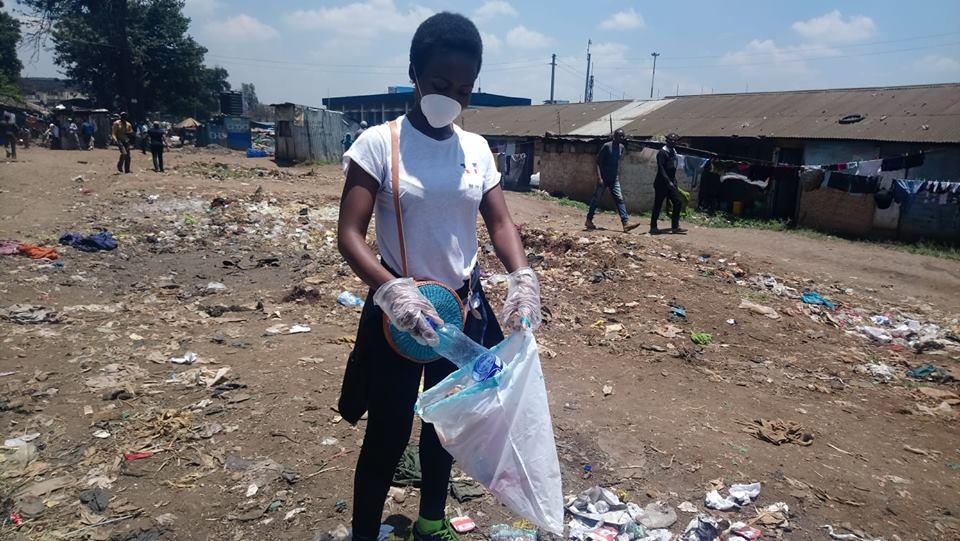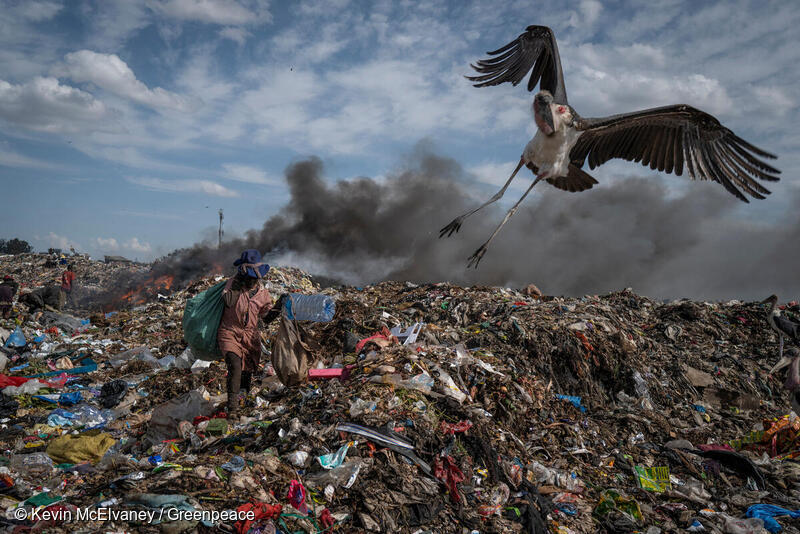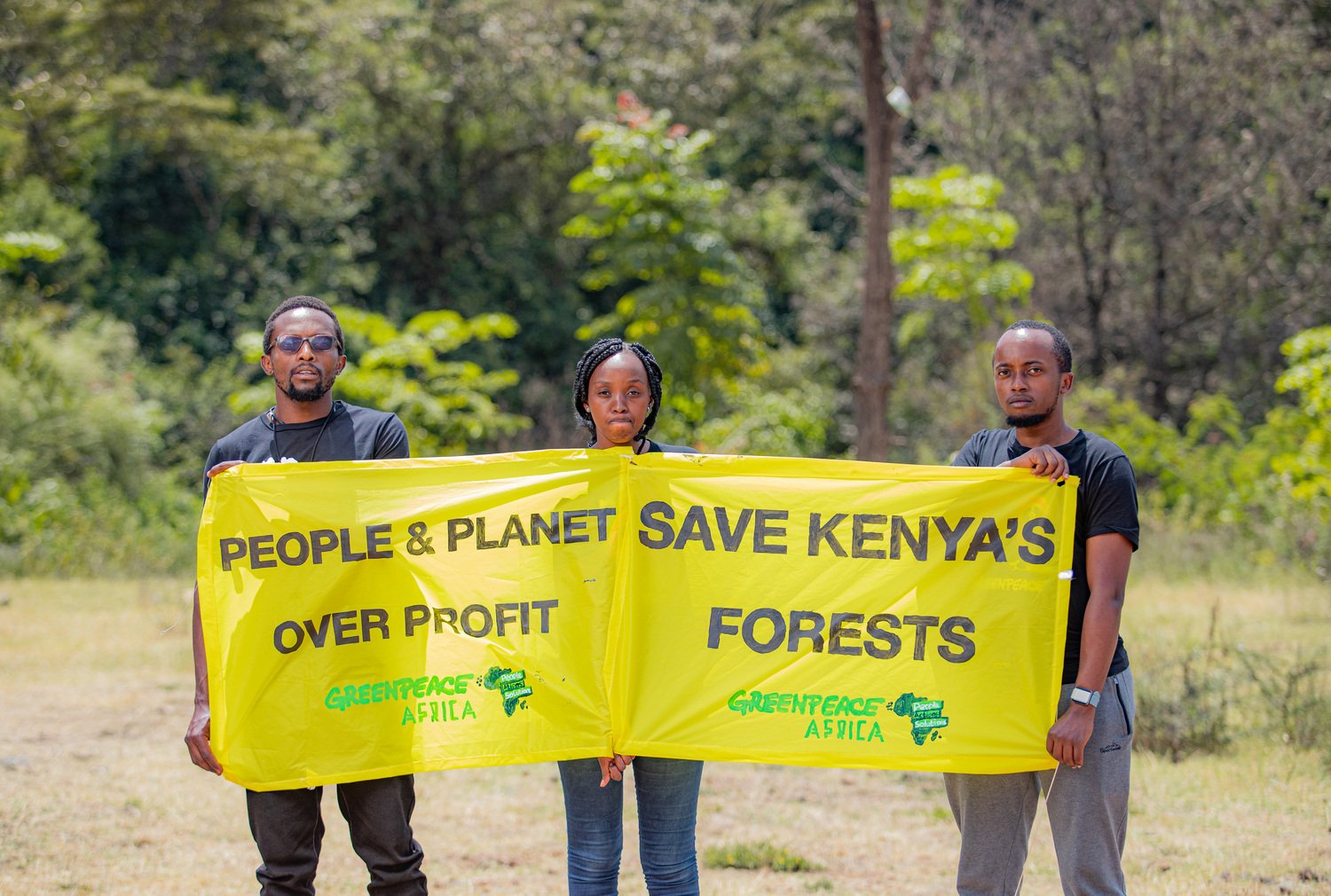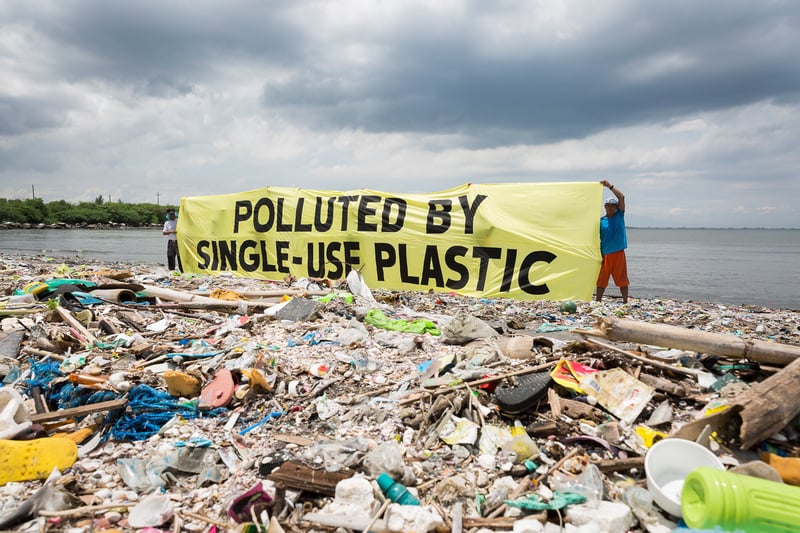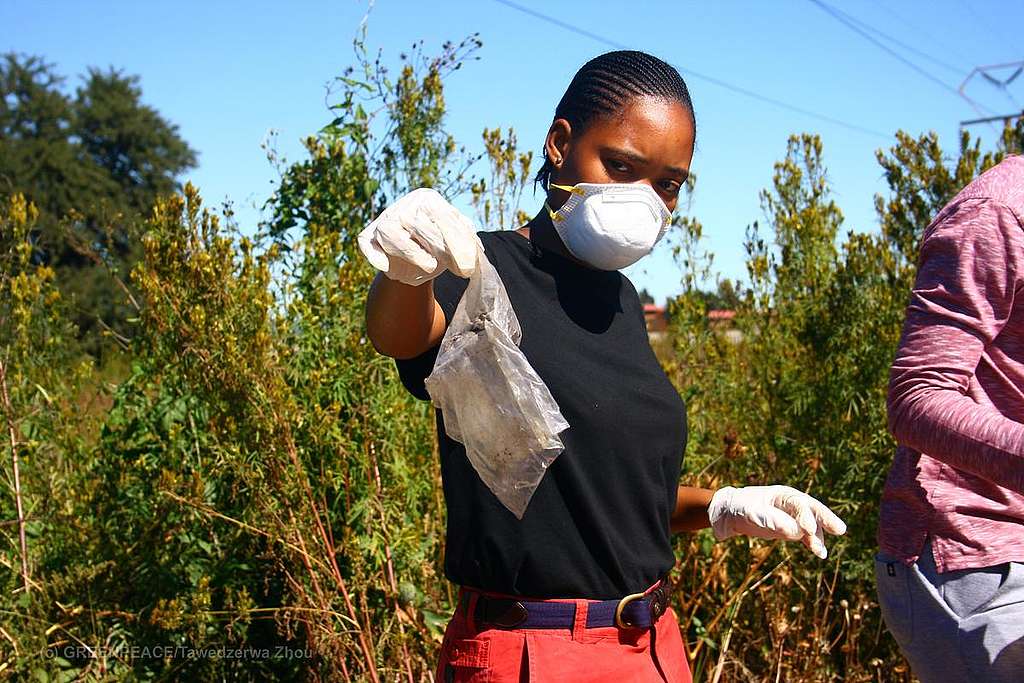
Africa is a world leader in banning plastic bags with thirty-four out of fifty-two countries having bans, or passed the legislation to ban single-use plastics. Much as the current COVID-19 pandemic is unprecedented, it has been occasioned by incredible endorsement of single-use plastics, particularly those used in medical appliances. Lately, there has been an upsurge of single-use plastics in food packaging that is perceived to be convenient specifically for “take-away” or “fast-food” applications by restaurants and food markets. Urban consumers are increasingly using plastic food and drink containers, lids, cutlery, stirrers and straws insistently only to become waste just a few minutes later.
(BLOG: “Checking the Boxes One Year After the Kenya Single-use Plastic Bags Ban” Read now)
Despite the global disruptions in the supply chains that have precipitated a slow down in exports of consumer goods, exports are still being protected with plastic bags while on transit. The assumption is that consumers prefer them wrapped in plastics, but in real sense this cannot be defensible. The big question that we need to ask ourselves is, is the COVID-19 pandemic a justification enough for the surge in the adoption of single-use plastics? Is this suitable to our environment? It’s documented that cutback in usage of plastic bags has two benefits: it diminishes the creation of waste considerably, which drifts and ends up in the world’s oceans, injuring marine life, and it diminishes the air pollution by all-consuming single-use plastics.
Kenya-US Free Trade Area should exclude plastics in the negotiations
In the recent past, the United States has drafted a negotiation framework for a Free Trade Agreement (FTA) with Kenya in a bid to deepen trade cooperation with the East African country. In as much as this deal is touted as controversial due to it’s reciprocity and asymmetrical form, lobbying by petrochemicals and plastics companies takes Kenya a step behind after having made tremendous steps in containing plastics usage. Considering that the US is a global leader in addressing marine litter, their Kenyan counterpart in the negotiations ought to strike out petrochemicals and plastics from the negotiations framework.
(Read more on how contraband plastic is entering Kenya through neighbouring countries)
The recent pronouncement by the European Union to ban the export of certain plastics waste is a broadminded resolution that signifies environmental consciousness. This new draft that is effective on July 22, 2020 is guided by the United Nations Basel convention that regulates and controls transboundary movements of hazardous wastes and their disposal. So this law will subsequently empower countries especially in Africa with the right to refuse waste shipments of any kind from being dumped. This law in many senses is cognizant of people’s health and environment.
Recycling not a sustainable solution
The proponents of single-use plastics have continually made an argument for recycling as a mechanism to curb the pollution menace. This is unsustainable because it is estimated that only about 9% of plastic waste gets recycled, 12% is burnt and the remaining 79% ends up in landfills or the environment. Most African countries like Kenya do not have the requisite infrastructure to effectively carry out plastics recycling. Recycling can’t be much more effective than opting to invest in sustainable alternatives. Our governments can’t afford to waste resources on such a process. We instead burn wastes, releasing very toxic fumes into the atmosphere leading to air pollution. The real issue is about changing products we use and the fuels we consume, rather than relying on recycling, or down cycling as the solution.
(“Greenpeace Africa Welcomes Tanzania’s Move to Ban Plastic Bags” – Read more)
Within the urban centers in the growing cities in Africa, water bodies and more so our oceans have increasingly become repositories for plastics waste and microplastics. The same items will find themselves in a landfill unless they have been turned into other products that are not single use. Other recycled products find themselves into water bodies such as rivers, lakes and our oceans and micro beads contained in the water have persistently destroyed marine life over time.
Fredrick Njehu is a Senior Political Advisor at Greenpeace Africa, based in Nairobi, Kenya.
This op-ed was originally published in Business Daily on 07 September 2020.
